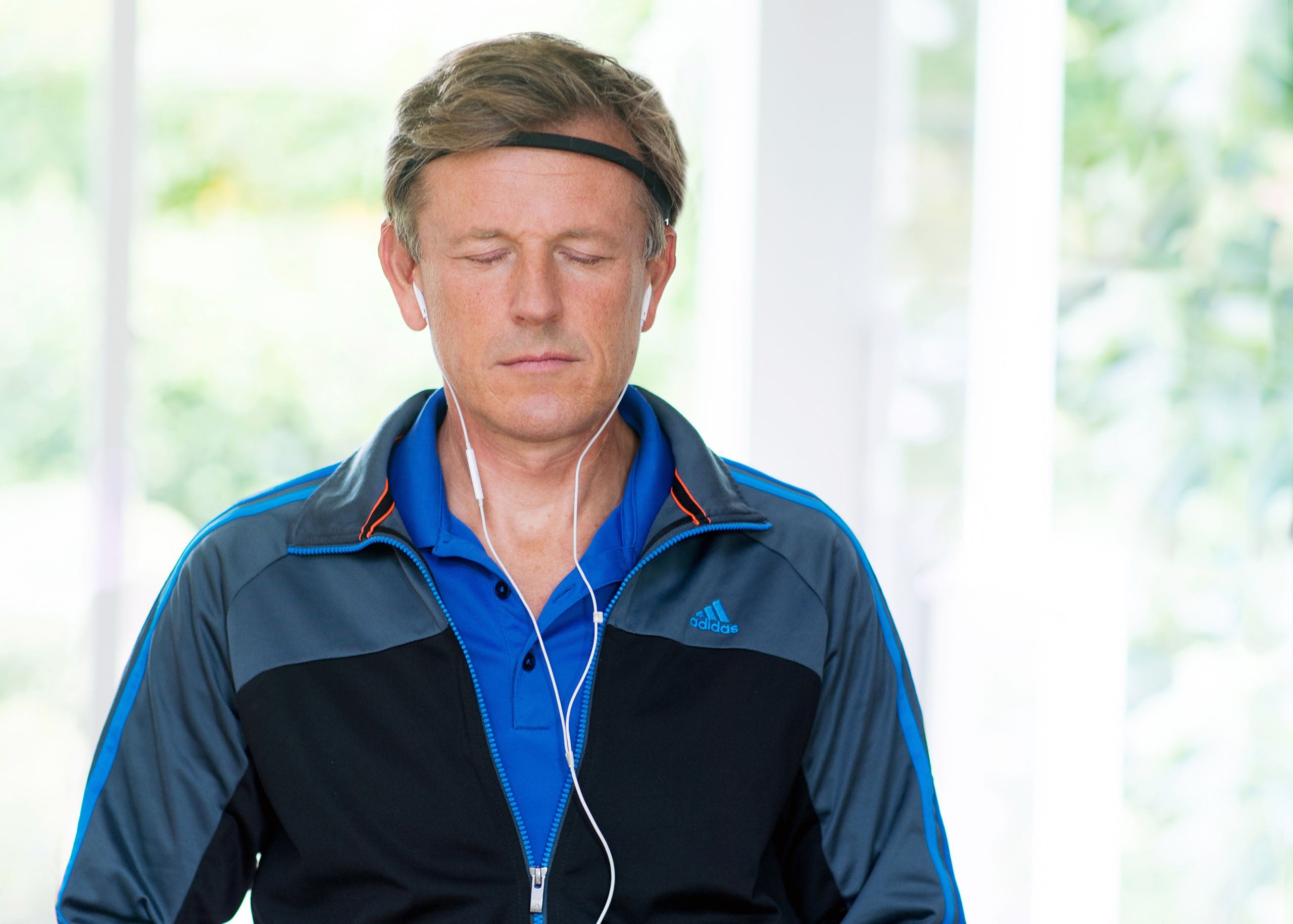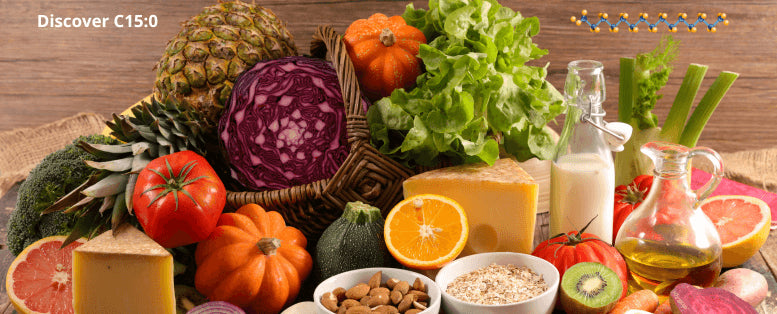Corona spreads rapidly around the globe and worldwide more and more people are infected. In these times taking care of our bodies and building resilience is our main focus. In this blog, I will give you a summary of the most important factors when it comes to building a strong immune system: Sleep, meditation, exercise, lifestyle strategies, nutrition and supplements.
Why are sleep and meditation the foundation of a strong immune system?
Are you in a bit of a weird mood lately? Or do you have difficulty concentrating, even after four cups of coffee? I might not only be your new home office and attention-demanding “coworkers”. Sleep and meditation are crucial when it comes to good health, concentration, motivation, and mood!
Why is sleep so important?
During sleep, a bunch of things are happening at the same time: the brain is being washed and refreshed for the next day; memories are permanently stored; after a night of good sleep, the body is better able to handle sugars and carbohydrates; muscles are repaired after an intense workout. Sleep has so many effects, I can't possibly name them all here!
How can you improve your quality of sleep?
First of all, the body knows exactly how much sleep you need and when the best time to sleep is for you. But most people ignore this information. Isn't it more fun to finish watching that movie or series? You can sleep in tomorrow anyways.
However, the consequences of irregular sleep schedules become clear in long-term shift-workers: they have far more health issues than do people with regular 9-5 jobs. Try to go to sleep each night and wake up each morning at the same time.
Light determines when your body wants to sleep. In the dark, you make melatonin, the sleep hormone. When it's still light around you (like a tv), it won't get dark enough to start melatonin production. Most people need around 7-8 hours of sleep every night, so calculate for yourself when you should go to bed to get up on time the next day. Try turning off all screens and bright lights at least 2 hours before bedtime.
Also, expose yourself to sunlight during the day. This will help if you are still tired even after 9 hours of sleep. This will let your body know when it's day and when it's night.
If you have trouble falling asleep, try to move and work out more. Physical fatigue from exercise can help you fall asleep more easily.
And finally, It can also be helpful to not eat shortly before sleeping. Try not to snack after dinner. After all, you probably don't need the energy in the evening right before bedtime.
Learning to meditate
Meditation can help you increase your concentration and calm down stress. Stress hormone levels are lowered in regular meditators, which has a positive effect on your health. The best thing is: everyone can learn it and it's free!
Meditation step by step
It's fairly simple to learn meditation and there are many types of exercises you can try. The most important thing is to not hold on to thoughts, but pay attention to the current moment and how your body feels.

A simple meditation exercise to get you started:
- Sit comfortably with your back straight.
- Set a timer for 10-20 minutes.
- Close your eyes and mind your breathing. You pay attention to it; you don't have to breathe any differently than you would otherwise.
- Count to 10, one count on each inhalation and exhalation. Reset your count when you reach 10 or when you get distracted.
- Work on this until the timer runs out.
- Your thoughts will drift often. That's normal. When you notice that you were distracted, set you thought aside for later and bring your attention back to counting your breaths.
- Don't get frustrated when your thoughts drift. This is the entire exercise! To keep bringing your attention back to your breath.
Practice this meditation or another exercise of your choosing daily for the best effect. You'll see that after a few weeks of practice, you'll feel a lot calmer, less stressed and will be able to concentrate better.
Are you motivated to explore more concentration-improving tools after a good night sleep? Make sure to get in touch with us!
How do exercise and lifestyle strengthen your defences?
Now most of us are forced to stay home, it can be hard to contain a healthy and active lifestyle. Gyms are closed, and it becomes even more difficult to exercise outside. Still, regular exercise is important as it flushes the lymph system and increases blood circulation. It also stimulates the body's defense mechanisms and strengthens immunity by activating Nrf2.
How to stay fit at home?
For my at-home workouts, I use the X3 bar for my strength training. It is the ultimate workout that takes only 20 minutes per day. But it comes with a price and can take some time to get to you since they ship from the USA.
Luckily, there are plenty of (free) home workouts available on the internet. One of my favourites is the 7-minute workout. You only need your body, a wall and a chair. The routine is cheap, effective, very efficient and even apartment friendly.
During the 7-minute workout, you perform 12 bodyweight exercises in 7 minutes. If you do the exercises full power, it equals to an hour for intermediate movement. The exercises are designed in such a way that you tackle all major muscle groups. Each muscle group is covered for 30 seconds and you have 10 seconds to rest in between. This way you train your entire body in just a few minutes. For a more intense practice, you can repeat the routine two or three times in a row.
I found this YouTube video which guides you through the workout.
Which lifestyle strategies boost resilience?
Apart from staying active, you can also apply lifestyle strategies for strengthening the immune system:
Sauna
This one can be difficult since all spas and wellness centers in The Netherlands are closed. But if you still have access to a sauna I highly recommend it. Regular sauna has been shown to strengthen the immune system.
Mild cold exposure
Besides heat, cold is also a great way to boost your immune system. Mild cold exposure increases the resilience against infections.
Intermittent fasting
Intermittent fasting is an effective strategy to build resiliency against pathogens. It can upregulate glutathione and autophagy to protect against sickness.
Nutritional ketosis
Nutritional ketosis activates the Nrf2 pathway that lowers inflammation and oxidative stress. Being exposed to stress, jet lag, infections, and pollution is safer in a state of ketosis, whether that be with fasting or eating a ketogenic diet because the body is in a heightened state of self-defense. Based on a mouse study from 2019, mice fed with a ketogenic diet were better able to combat the influenza virus than mice fed food high in carbohydrates. One of the physiological mechanisms was an increased expansion of γδ T-cells in the lungs.
Spend some time outside
Regular sunlight is the most bioavailable source of vitamin D. It would be best if you got daily sunlight exposure as often as you can, but avoid getting burnt. Use your garden, balcony or go for a walk around the block (if the situation allows it).
Adequate sleep
Melatonin, the sleep hormone, is also a powerful antioxidant that modulates autophagy and deep cell repair during sleep. The body repairs itself primarily in a deep sleep, and sufficient sleep is crucial for the healthy functioning of the immune system.
Why are nutrition and supplements indispensable for health?
A healthy and balanced diet is key to remaining a strong immune system. As you probably know, eating vegetables, fruit, nuts, seeds, whole grains, fish, eggs, herbs and spices Is recommended by most doctors and health coaches. It provides our body with essential fatty acids, vitamins, minerals and antioxidants that protect us against bacteria, viruses, fungi and ageing. But in time like these, you might want to try to go the extra mile to make sure your nutrition is on track.
How do you make the healthiest food choices?
It is hard to make the right food choices if you simply don’t know what is wrong or right. Therefore I made lists of good fats vs bad fats. With these lists, you can make healthy choices about which fats you should choose and which to avoid. I will also explain why consuming good fats is important.
If you're following a low-carb diet like the Bulletproof Diet, the good carbs vs. bad carbs can be a great help. It is useful to know which sources of food are high and which are low in carbohydrates. Since there are also big differences between types of carbohydrates, it is important to choose good carbohydrates.
Nutrients and supplements
Last but not least, nutrients and supplements can make all the difference when in comes to a healthy body. The following nutrients and supplements are available on Livehelfi.com (as long as supply last).

- Vitamin D is perhaps the most important supplement. It is central to the body's immune system. During winter most people are deficient. That's why it makes sense to supplement vitamin D
- Glutathione is the body's main antioxidant defence mechanism produced in the liver. It protects against free radicals and helps to eliminate lipid peroxides as well as toxins.
- Selenium is an essential mineral that is a cofactor in glutathione production. Viral infections frequently produce a higher number of reactive oxygen species (ROS). ROS can enhance viral replication. That's why there is a need for micronutrients like selenium in the antioxidant defence.
- Vitamin C helps to recycle oxidized glutathione back into active glutathione. It can't prevent colds, but it shortens the duration of colds.
- Ubiquinone (coenzyme Q10) is a fat-soluble compound that helps to generate ATP and hence energy. Energy is needed to fight intruders.
- Zinc acetate and zinc gluconate have been shown to inhibit cold viruses from latching onto the cells and shorten the duration of the flu. Regular use of zinc may reduce the incidences of the flu.
- Collagen is an important building block in various immune system functions. Collectins (collagen-containing C-type lectins) are a vital part of the innate immune system in the lungs
- Probiotics may provide antiviral effects with two mechanisms: directly in probiotic-virus interaction or via stimulation of the immune system.
- Chaga mushrooms have the highest ORAC value (a measure of antioxidant capacity) of any other food.
- Reishi mushrooms contain a huge variety of bioactive polysaccharides, beta-glucans and over 120 different triterpenoid compounds
- Shiitake mushroom has been shown to improve immunity in young adults
- Ashwagandha has been shown to lower stress and hence balance the function of the immune system.
- Curcumin, the active compound of turmeric, has been shown to embody anti-inflammatory properties that can help in treating chronic pain and infections. It also helps to boost glutathione levels in the body. Curcumin and turmeric also have antibacterial, antiviral and antifungal properties in humans.
Stay healthy, stay safe, stay home.
We hope that you all stay well and keep good faith in the future.
Do you have any questions, comments or tips you would like to share?
Please leave them down below. We love hearing from you.












